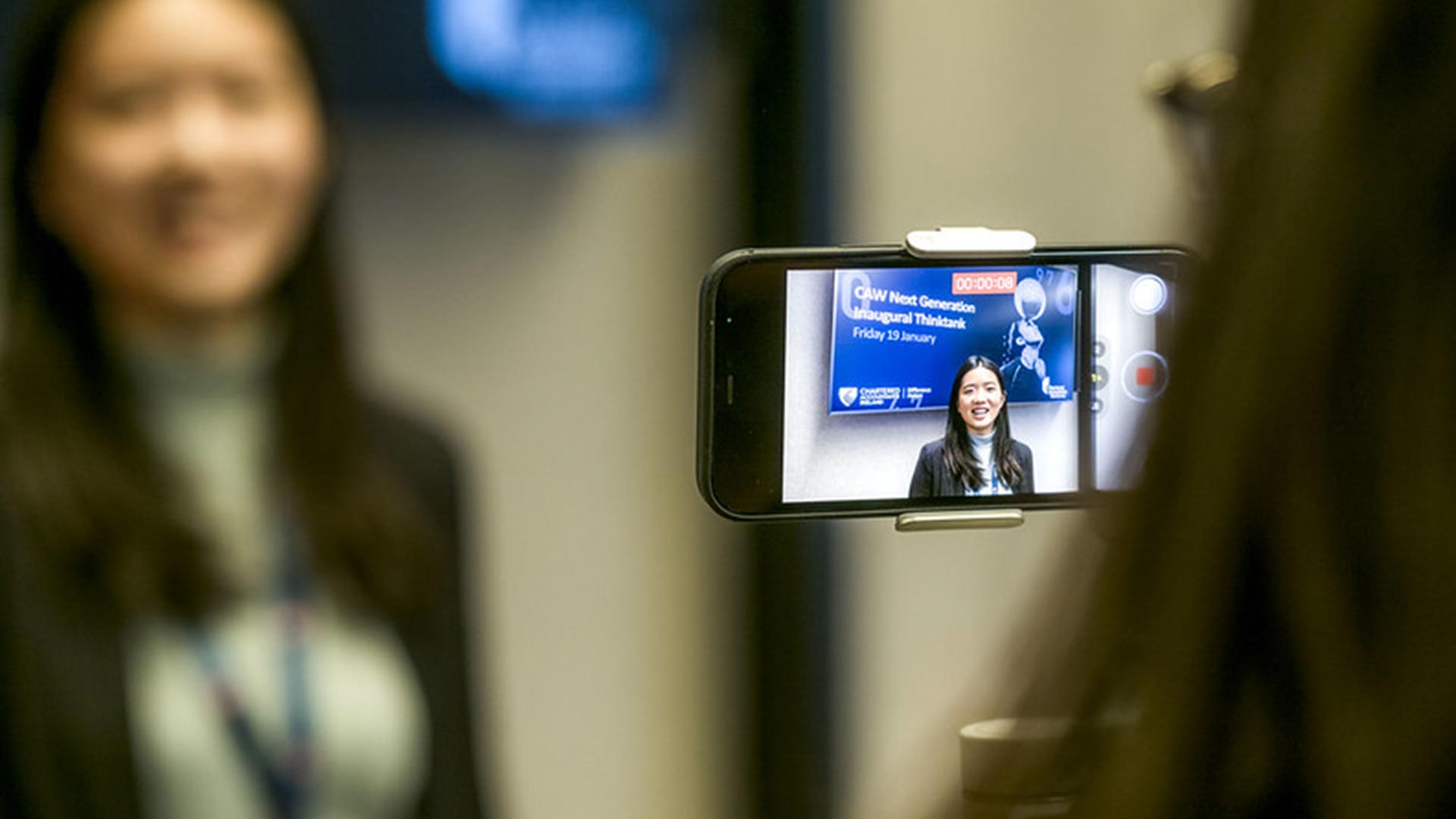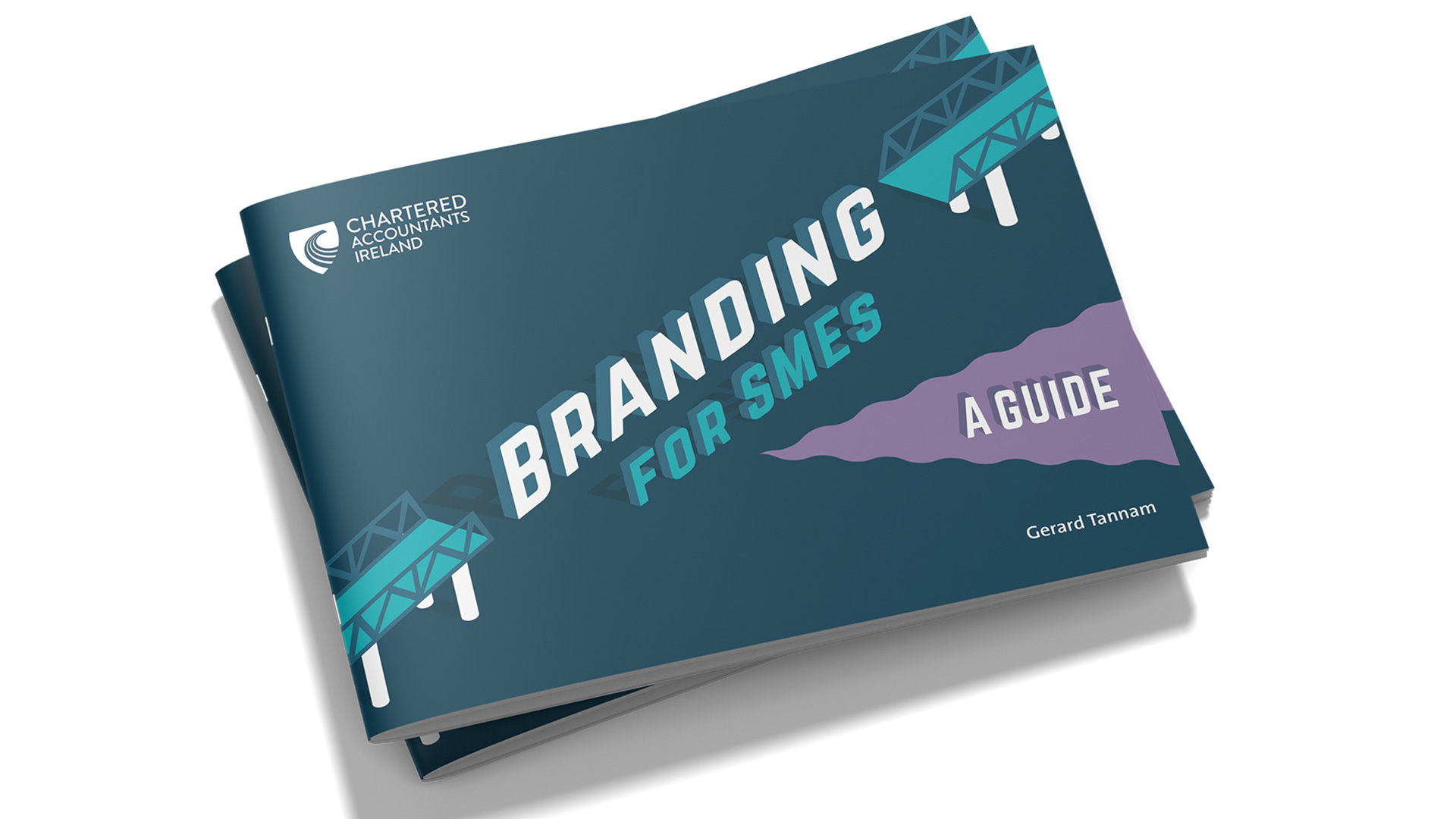Measurement, attitudes, and education are among the challenges facing the finance and business community in working towards achieving the 2030 UN sustainable development goals (SDGs). Those were the conclusions from Chartered Accountants Worldwide delegates atthe Finance & Business2030 conference in London.
The event was hosted by One Young World, Chartered Accountants Worldwide and the City of London. It’s the start of an initiative aimed at finding ways for the finance and business community to work together to achieve the 2030 SDGs.
More than 120 delegates attended the launch event in April at Mansion House in London.They brought a diverse perspective to the event, coming from a wide range of backgrounds across the public, private and third sectors. Here, we reveal their thoughts about the sustainability programme.
Broad goals
Some delegates felt the goals are too broad. One told us: “Sometimes businesses just see it as too big an issue, as they think they have to tackle all of the SDGs presented. A lot of companies don’t understand what they are, and if you don’t understand the metrics, how can you enforce the policies?” What’s more, some delegates felt that many businesses focus purely on short-term goals of profit and loss, preventing them from taking a more long-term view of sustainability, diversity, or climate change.
While some firms’ CSR policies make reference to the goals, few in practice are taking positive action to implement those policies, one delegate noted.
Our respondents called for an awareness campaign to ensure as many people as possible in the business and finance community know about the goals. In turn, if the SDGs are better known, companies aligning themselves with the goals would become more attractive places to work.
Reliable metrics
A related question is the issue of reliable metrics, which many of our delegates commented upon. They’re the cornerstone of measuring financial performance but there needs to be a way to translate the SDGs into actionable steps that businesses can take to achieve the SDG outcomes.
One delegate said: “We have to design a metric that people rely upon, it can’t be a tick box process, the solutions that are created need to be forward thinking and need to move beyond 2030 to avoid greenwashing.”
Another added that if the SDGs became part of KPIs or personal goals, that could force more change. More could also be done to penalise businesses when they fall short of the goals, another delegate suggested, while more is needed to incentivise businesses to embrace the goals as an essential part of evaluating their performance.
Education question
Another issue to address is to include sustainability concepts within qualifications and education. “Professional qualifications need to catch up with education on sustainability for there to be a value in integrating these ideas into business structures,” one delegate told us. They added the important caveat that the skills must be practical if education in this area is to have real impact.
Another delegate said that the lack of sustainability subjects in business education means that people who are interested in issues related to the goals won’t enter the financial sector. “People don’t see finance as doing anything to change things, so you lose the whole wave of people before you even recruit,” the delegate said.
In the end, it comes back to numbers. The SDGs will become real when there are measurable steps for businesses to take, and a way to verifiably hold them to account for this. As one delegate summed up: “What we measure is what we tend to focus on, which tends to emphasise certain issues over others, and when you do that you say that this matters more than the other. If we can get these metrics right, the SDGs could potentially be transformative.”
One member was sufficiently moved by the conference to write this: “The event has completely changed my perception of how the practice accountant has an absolutely fundamental role to play in influencing a culture shift in our own businesses and those that we act for… While we have a long journey ahead of us to reach the SDG goals, I believe the practice accountant can use their advisory skills and their relationships of trust to help businesses understand how simple solutions can have a huge impact when scaled.”
Over the coming weeks, we’ll be publishing three more articles giving a unique behind-the-scenes perspective on the goals of Finance & Business2030. Be sure to check back for more exclusive follow-up coverage here on Charteredaccountantsworldwide.com.
Working towards the SDGs aligns with Chartered Accountants Worldwide’s goal of #BuildingTrust. See our inspirational video highlighting what it means to be a Chartered Accountant.













